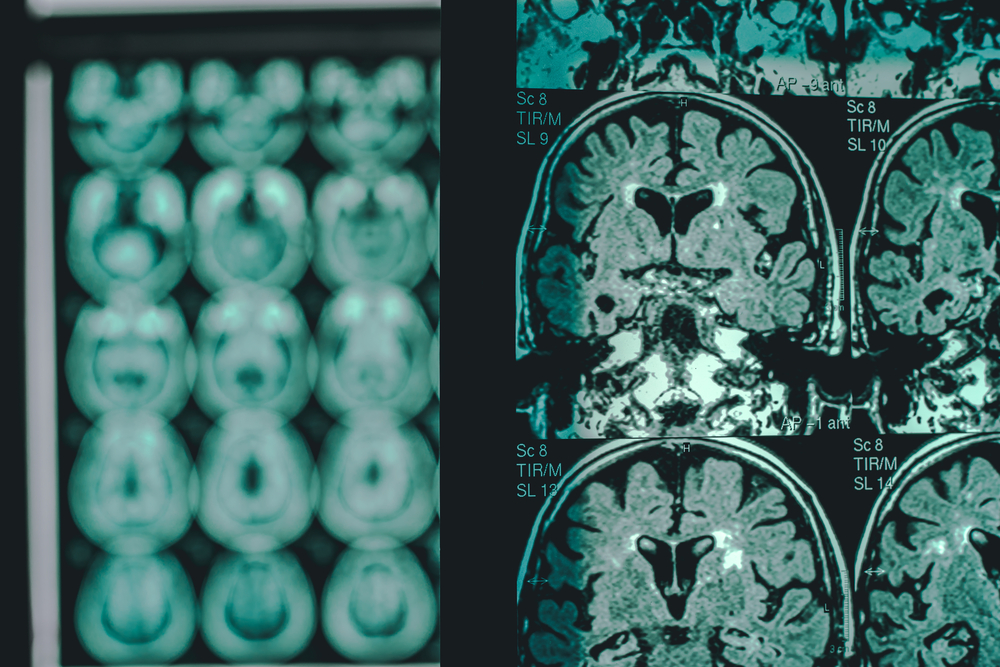


RIO - Alzheimer’s disease is one of humanity’s most stealthy illnesses and a leading form of dementia, which accounts for 60 to 70 percent of the 50 million cases of dementia all around the globe. This number is expected to double every 20 years, meaning 82 million people will have it in 2030 and 152 million in 2050.
Alzheimer’s is prominent in developing countries where 60 percent of people with dementia live in low- and middle-income nations. As for the elderly population, the hardest hit are those in countries like China and India.
Experts have been working tirelessly toward treatments, early diagnosis, and a cure for decades, but with the exponential growth of artificial intelligence (AI) technology in the medical sector, we are getting closer to that becoming a reality.
The economic impact
Alzheimer’s and dementia do not just impact the health of millions of individuals across the globe, they also have a major economic impact. The total estimated worldwide cost hit US$818 billion in 2015, or the equivalent of 1.09 percent of the world’s gross domestic product (GDP). Since 2015, that cost has risen to over US$1 trillion, with many of the costs coming in informal care, social care, and direct treatment costs. To put these numbers into perspective, dementia as a country would be the 18th largest economy in the world.
Early detection and treatment
Alzheimer’s has no cure or medical treatment that can reverse its progression, so it is crucial for healthcare providers to achieve early detection and treatment, which can slow the onset of dementia. Researchers say that the biomarkers predicting the disease can be identified 25 years before symptoms appear, but without cost-effective and noninvasive methods with advanced technology, this has always been a
The content herein is subject to copyright by The Yuan. All rights reserved. The content of the services is owned or licensed to The Yuan. Such content from The Yuan may be shared and reprinted but must clearly identify The Yuan as its original source. Content from a third-party copyright holder identified in the copyright notice contained in such third party’s content appearing in The Yuan must likewise be clearly labeled as such. Continue with Linkedin
Continue with Linkedin
 Continue with Google
Continue with Google










 3687 views
3687 views







